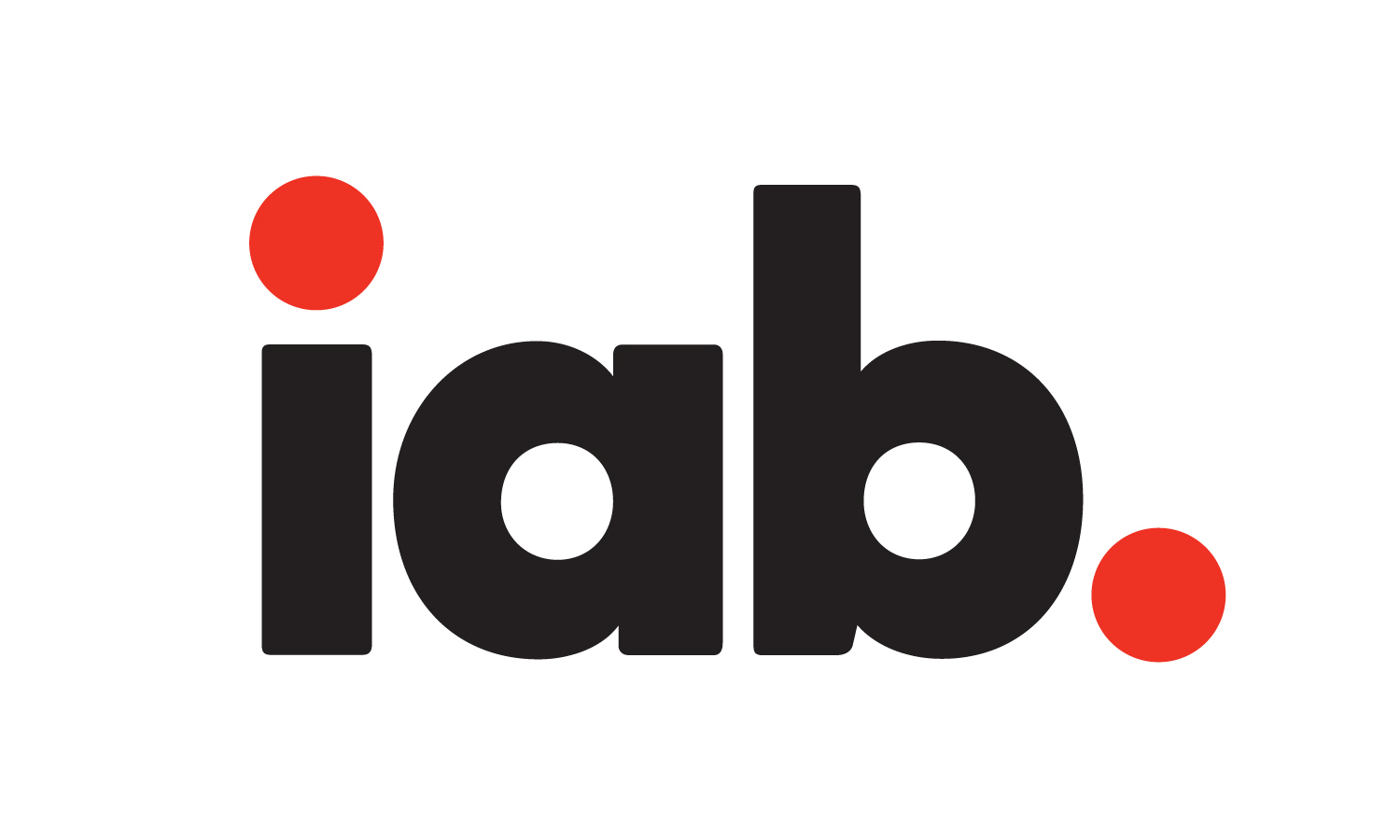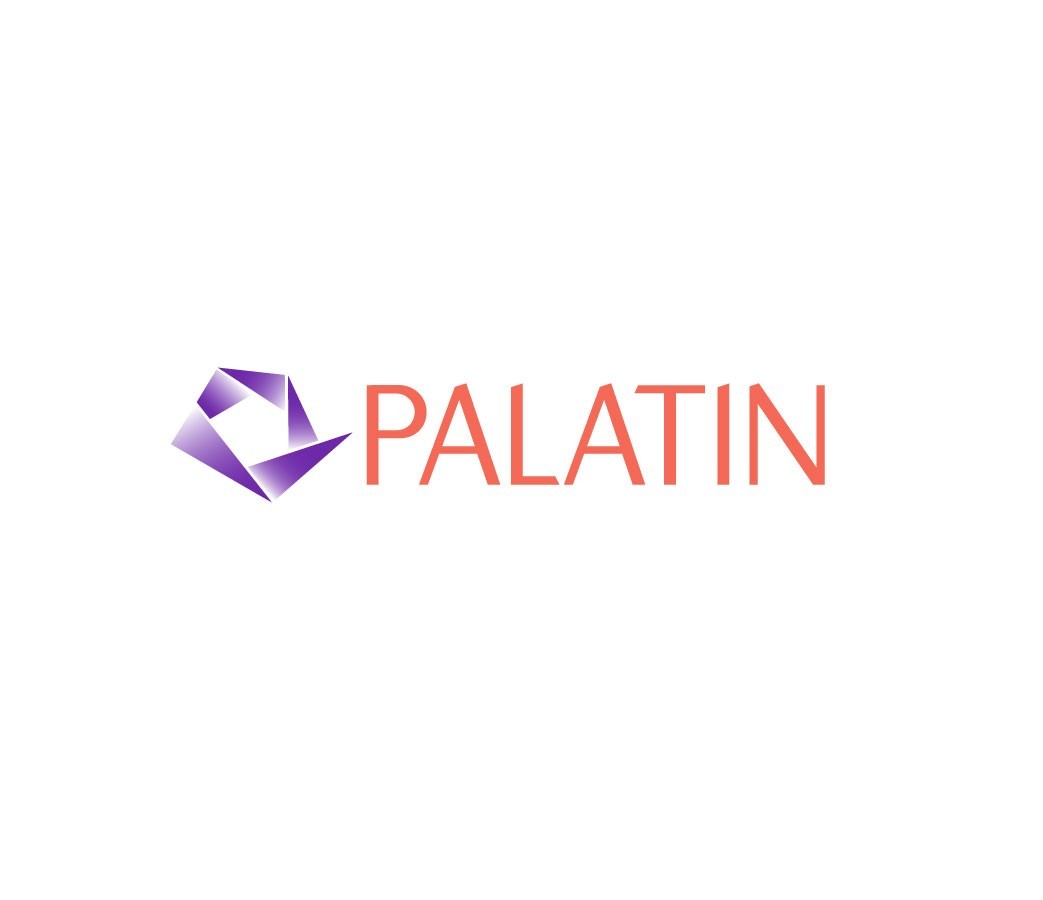Now Nearly One-Fifth of U.S. GDP; Digital Economy Jobs Democratize Access to Opportunity Nationwide
NEW YORK, April 30, 2025 -- The internet has long been woven into American life. Now, it's a key driver of the U.S. economy.
Today, Interactive Advertising Bureau (IAB), the digital media and marketing trade association, released the fifth edition of its long-running economic research series, Measuring the Digital Economy: Advertising, Content, Commerce, and Innovation, led by John Deighton, Harold M. Brierley Professor of Business Administration Emeritus, Harvard Business School.
The quadrennial study, first published in 2008, tracks the economic impact of the internet on America. This year's headline: the Digital Economy has doubled since 2020, reaching $4.9 trillion. That's 18% of U.S. GDP.
It's also driving employment at a rapid clip. Internet-related jobs are growing 12 times faster than the broader labor market. Since 2020, the Digital Economy has expanded at 19% annually, while the total U.S. economy grew at 7%.
A National Job Growth Engine, 28 Million Strong
Back in 2008, internet-driven employment made up just 3 million jobs. Today, that number has grown to more than 28 million.
Of those, 11.2 million are directly tied to Digital Economy work. Another 17.2 million are found in industries that rely on digital infrastructure — education, entertainment, banking, retail, public services, and more.
Creators Are Driving the Fastest Growth
Digital creators and social media influencers — who generate content and build audiences for a living — now account for more than one in 10 full-time internet-dependent jobs in the U.S.
Today, the full-time equivalent of more than 1.5 million Americans works as digital creators — a number that has multiplied nearly eightfold since 2020. While the traditional media sector is expanding at roughly 5% annually, the creator sector is now growing at five times that pace.
"The creator economy has clearly become a major factor in the digital growth story, driving spend, engagement, culture, and of course, employment," said David Cohen, CEO, IAB. "The impact is felt across the ecosystem, shifting the way that we think about information, entertainment, commerce, and community. In some ways, it has become a self-fulfilling prophecy. The more that creators succeed, the stronger the platforms they use become," said Cohen.
A Digital Footprint in Every District
Digital employment has reached all 435 congressional districts. Silicon Valley and the other top 10 Congressional Districts may have higher concentrations of internet-dependent employment, but they account for only about one-eighth of all U.S. Digital Economy jobs. This isn't just a coastal or urban story — digital work is happening in cities, suburbs, and small towns across the country.
"The Digital Economy has become a foundational part of American GDP," said Cohen. "And the exponential effects of generative and agentic AI are just beginning. Now is the moment for policymakers and regulators to understand the scale of this shift and ensure the foundation and infrastructure are in place to keep driving innovation forward."
To help advance that understanding, IAB will host a Capitol Hill briefing on June 26 in Washington, D.C., focused on how digital policy can support continued job growth and extend the benefits of the internet economy to more communities nationwide.
A Broader Base of Economic Opportunity
The Digital Economy isn't confined to the largest players. It includes everyone from Fortune 10 companies to independent creators building businesses on their own terms.
"The reach and infrastructure created by e-commerce platforms and integrated firms have enabled a self-sustaining, democratized economy," said Deighton. "Whether it's a solopreneur or a large enterprise, the opportunity is real and growing."
Where Growth Is Coming From
About 70% of digital job growth is concentrated in four key segments:
- Digital creators building businesses through content and community
- Platform workers using services like DoorDash, Uber, Instacart, and Airbnb
- Online merchants growing their businesses through e-commerce marketplaces
- Integrated firms like Amazon, Meta, Alphabet, and Microsoft operating across infrastructure, services, and consumer tools
To access the report and data, visit https://www.iab.com/insights/deighton-study-2025.
About the Study
This is the fifth edition of IAB's economic research series, produced about every four years. It is authored by John Deighton, Harold M. Brierley Professor of Business Administration Emeritus, Harvard Business School, and Principal Research Consultant Leora Kornfeld.
The report analyzes the size, structure, and impact of the Digital Economy in the United States, spanning advertising, content, commerce, and infrastructure.
About IAB
The Interactive Advertising Bureau empowers the media and marketing industries to thrive in the Digital Economy. Its membership comprises more than 700 leading media companies, brands, agencies, and the technology firms responsible for selling, delivering, and optimizing digital ad marketing campaigns. The trade group fields critical research on interactive advertising, while also educating brands, agencies, and the wider business community on the importance of digital marketing. In affiliation with the IAB Tech Lab, IAB develops technical standards and solutions. IAB is committed to professional development and elevating the knowledge, skills, expertise, and collaboration of the workforce across the industry. Through the work of its public policy office in Washington, D.C., the trade association advocates for its members and promotes the value of the interactive advertising industry to legislators and policymakers. Founded in 1996, IAB is headquartered in New York City.
This News is brought to you by Qube Mark, your trusted source for the latest updates and insights in marketing technology. Stay tuned for more groundbreaking innovations in the world of technology.









